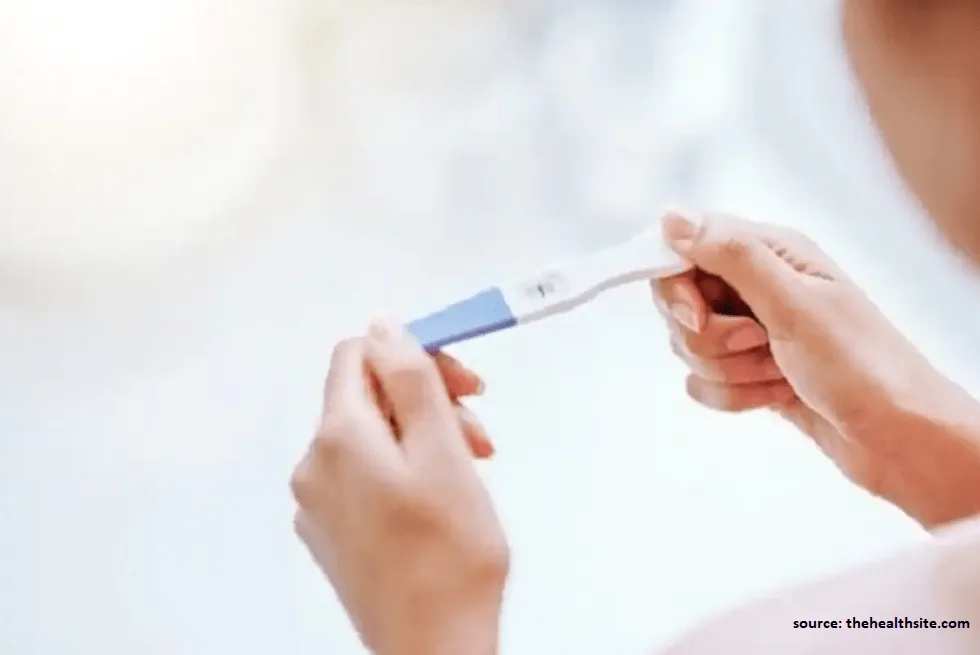Infertility affects a large number of women around the world; it affects about one out of every 10 women. In addition, approximately 5% of couples globally have an unsolved infertility problem. Female infertility accounts for almost one-third of all infertility cases or 40%.
Is this a problem you’re having as well? Do you believe you’re infertile but can’t figure out why?
Remember that diagnosing female infertility might be difficult. It’s also possible that some of the reasons are a combination of factors. In this article, we’ll look at the factors that lead to infertility in the majority of women.
For women, there might be several conditions and factors that cause infertility:
Age
Your age is the most critical factor in determining a healthy and successful pregnancy. When you turn 35, your egg’s quality and quantity reduce, declining your chances of a successful pregnancy.
Studies have shown that at the age of 35, a woman’s chance of getting pregnant naturally is only 10%, in comparison to a 25-year-old woman who has a 30% chance.
Irregular ovulation (menstrual cycle)
The word “irregular periods” may be more known to you. It is the discharge of a mature egg from your ovary on an irregular or non-periodic basis. Infrequent ovulation can be caused by hormonal abnormalities or other conditions like polycystic ovarian syndrome, which causes you to create more male hormones and not ovulate on a regular basis.
Your follicle-stimulating hormone (FSH) and luteinizing hormone (LH) levels must be within certain ranges in order to have regular periods.
Implantation failure
You might be suffering from an implantation failure that is denying you a healthy pregnancy. It occurs when a grown embryo does not attach itself to your uterus’s wall; this might be due to problems in your uterine wall like thin endometrium, fibroids in your uterus, endometriosis etc.
Blockage
A blockage in your fallopian tubes prevents your egg from interacting with the sperm. Infertility is also associated with problems like sperms unable to travel from your vagina into the uterus. It is usually due to scarring, from a pelvic infection like chlamydia, an ectopic pregnancy, or you might have gone through some surgeries on fallopian tubes.
The blockage in your fallopian tubes might be a result of developmental growths like fibroids or polyps in the uterus they can cause infertility in women and even miscarriages.
Endometriosis
Your infertility and fallopian tube blockage may be because of a condition called endometriosis. It is when a tissue that generally grows in your uterus implants and spreads in other locations.
If needs surgical or medicinal management, otherwise it can lead to scarring, blockage of your fallopian tubes and keeping your egg and sperms from coming into contact.
Your uterus’ lining could also be at risk due to this condition. It can prevent your fertilized embryo from implanting itself into your uterus wall. Endometriosis can also affect your fertility in indirect ways, like damaging your egg.
Other problems
You may have none of the conditions but still suffer from infertility.
Fertility can also be affected by many other factors like:
- You have a disease like cancer, heart problems, high blood pressure or diabetes and taking chronic long time treatment
- You had many miscarriages in a short period
- Your egg has a quality problem
- You smoke a lot or consume too much alcohol
- You are overweight (obese)
- You have genetic predispositions
The diagnosis of the real cause of infertility is only possible with a thorough examination by your doctor. So, before coming to any conclusions of your own, you should visit a doctor.
If you are under 35 and have been trying for a year, consult your doctor about taking a fertility test to find the problem and solve it.
If you are over 35 and have been trying for 6 months, consult a doctor about getting pregnant naturally. If it does not work out, you can opt for an IVF treatment.
Remember, no matter what problems you have, regardless of your age, consult your doctor and take proper tests before making any conclusions. Infertility is a solvable problem, so do not worry. With the right guidance from a specialist, you can have the joy of becoming a mother.


